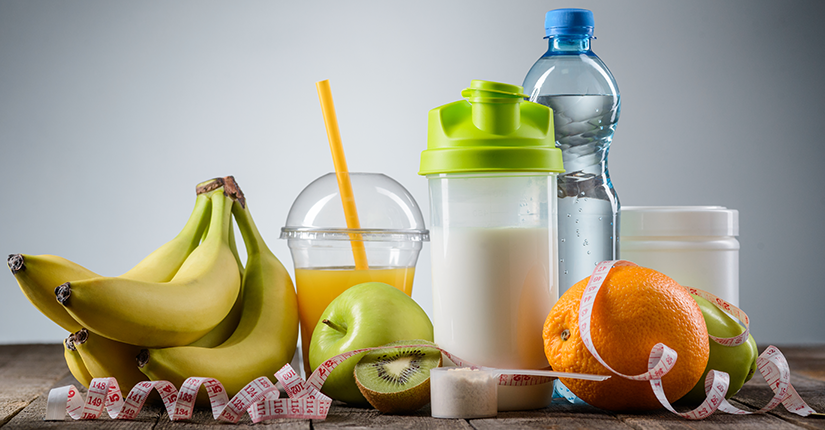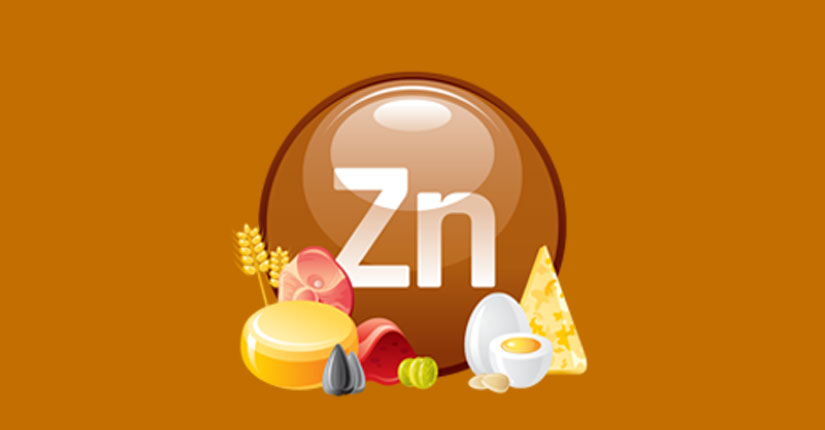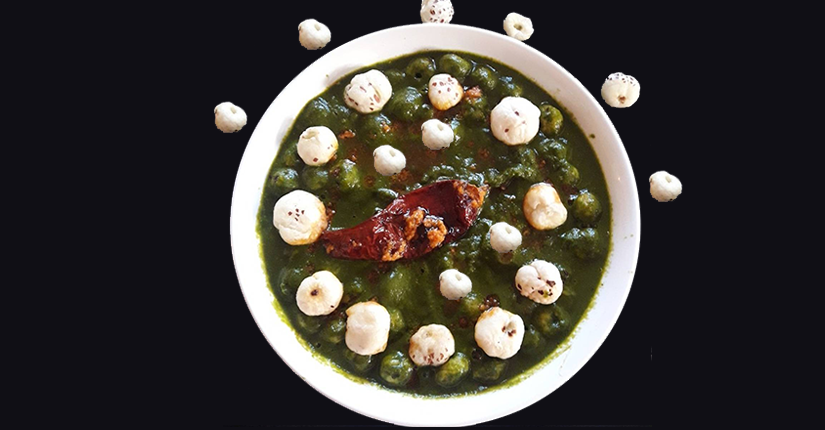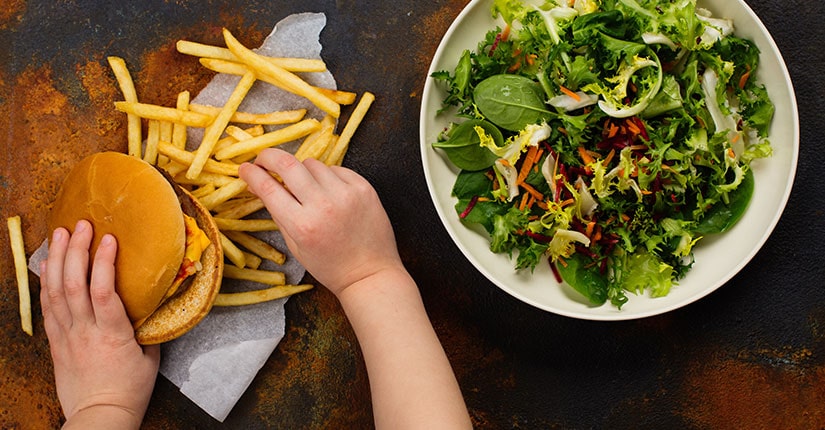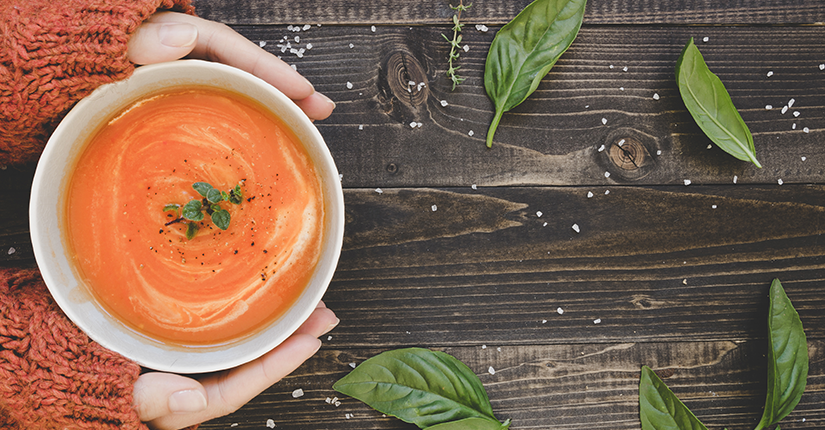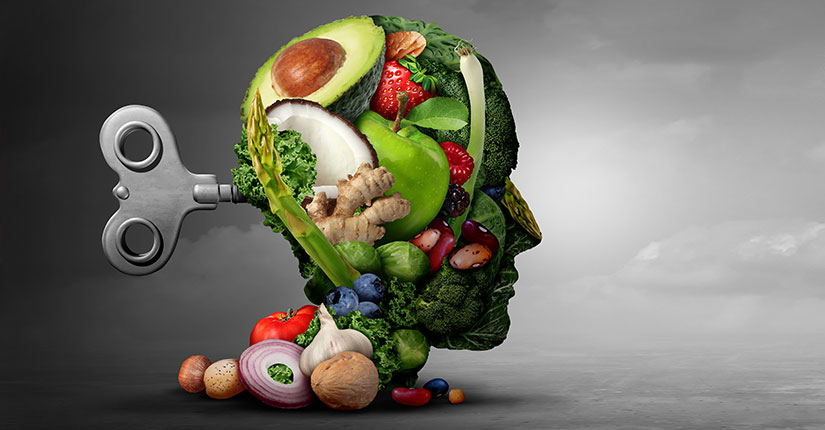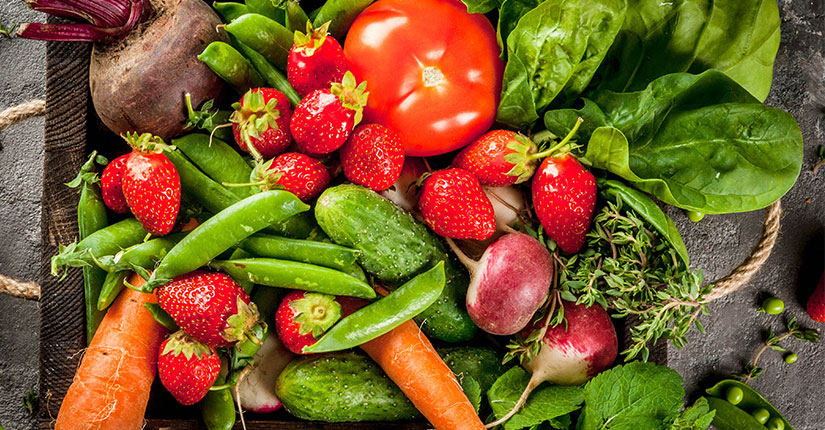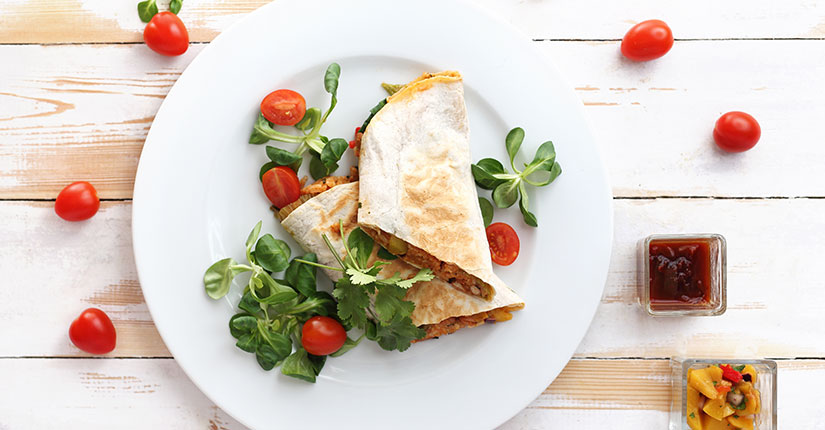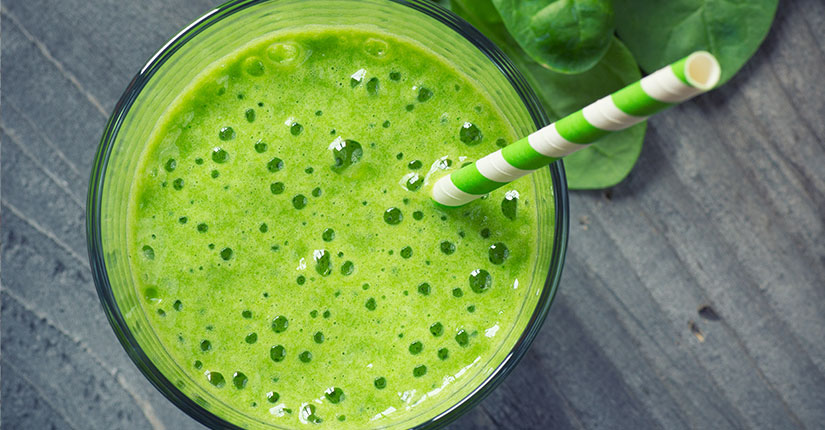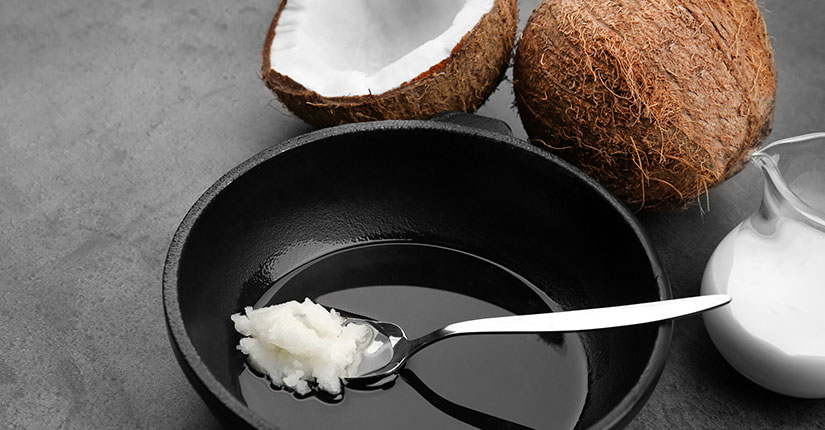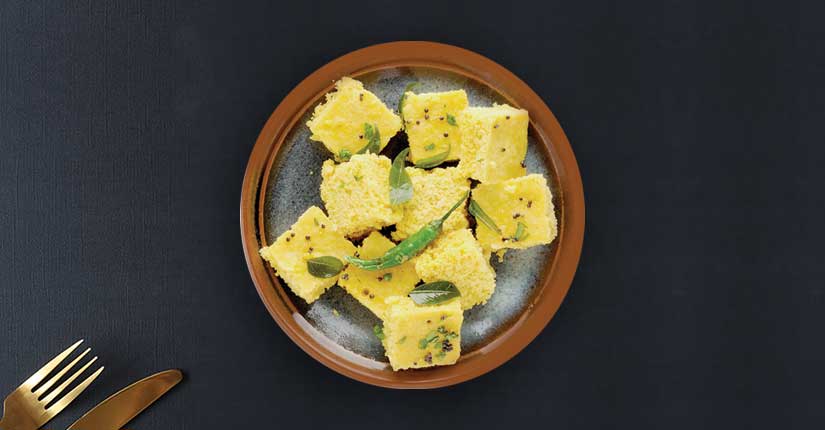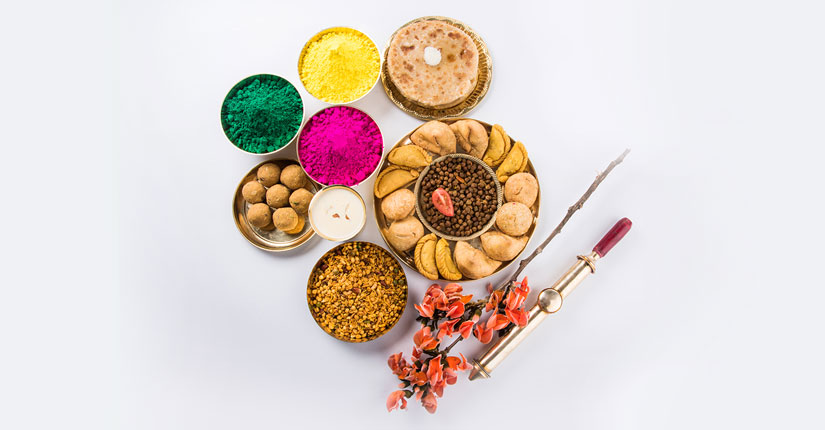7 Nutritional Guidelines for Haemophilia
By Nmami Agarwal 17-Apr 2022 Reading Time: 4 Mins

Haemophilia is a blood disorder in which clotting happens less frequently than normal. Due to a lack of blood-clotting protein, you tend to bleed for longer after an injury than it would be otherwise. Even the joints are in trouble when you put on any extra weight because they start to hurt really fast due to internal bleeding.
Treatment often includes injections of clotting factors or protein but this disorder can’t be cured properly. But the quality of life can still be maintained by good and proper nutrition. Informed choices are necessary and can uplift your overall well-being and reduce symptoms.
Here Are A Few Nutritional Guidelines to Help You Make Good Choices:
- Iron & Vitamin C – If we lose a lot of blood, we lose iron too. So, it is important to have more iron-rich foods. Iron helps the body to make haemoglobin, the carrier of oxygen. Good iron sources are lean meat, spinach, jaggery, and raisins. And what’s iron without vitamin C? Vitamin C is necessary to increase the absorption of iron into the body. You can get your vitamin C from citrus fruits like lime, orange, and strawberries, apples, kiwi, etc.
- Vitamin B & K – Vitamin B helps in the production of red blood cells. It also improves blood circulation. Vitamin K is a fat-soluble vitamin and necessary for the clotting of blood. Have banana, egg, meat, milk, kale, fruits to increase your vitamin B levels. Include broccoli, oats, carrot, lettuce to help you control excessive bleeding as they are rich in vitamin K.
- Cope Up with Calcium – Low-fat milk, spinach, yogurt, nuts, figs, paneer or tofu, broccoli are some of the foods that you must have daily. Calcium is important for the growth of bones and teeth. Haemophilia often causes gum bleeds too, hence you should have more calcium to make your teeth and bones stronger.
- Whole Grains & Whole Foods – They both are good sources of fibre, vitamins, and minerals. Try having fresh fruits and vegetables, beans, legumes, dal-rice, and generally brown grains over refined or processed ones.
- Lean In Some Protein – Fish, eggs, beans, nuts, tofu are the sources of lean protein and will make your muscles stronger. Protein also helps you recover faster.
- Healthy Fats – Fats are important for the body but you should opt for healthy or unsaturated fats rather than saturated fats. Sources of unsaturated fats are canola, olive, sunflower oil, walnuts, avocados, and soybeans.
- Say No to These – Processed, packaged, or foods with high sugar content can be inflammatory for the body. Avoid sugary and fizzy drinks, sugar-coated candies, processed juices and cereals, fried snacks with high-fat content.
Footnote:
Always ask your doctor before taking supplements and having a nutritious and balanced meal. Regular and light exercises can also relieve the symptoms. And keep your body weight in check.

